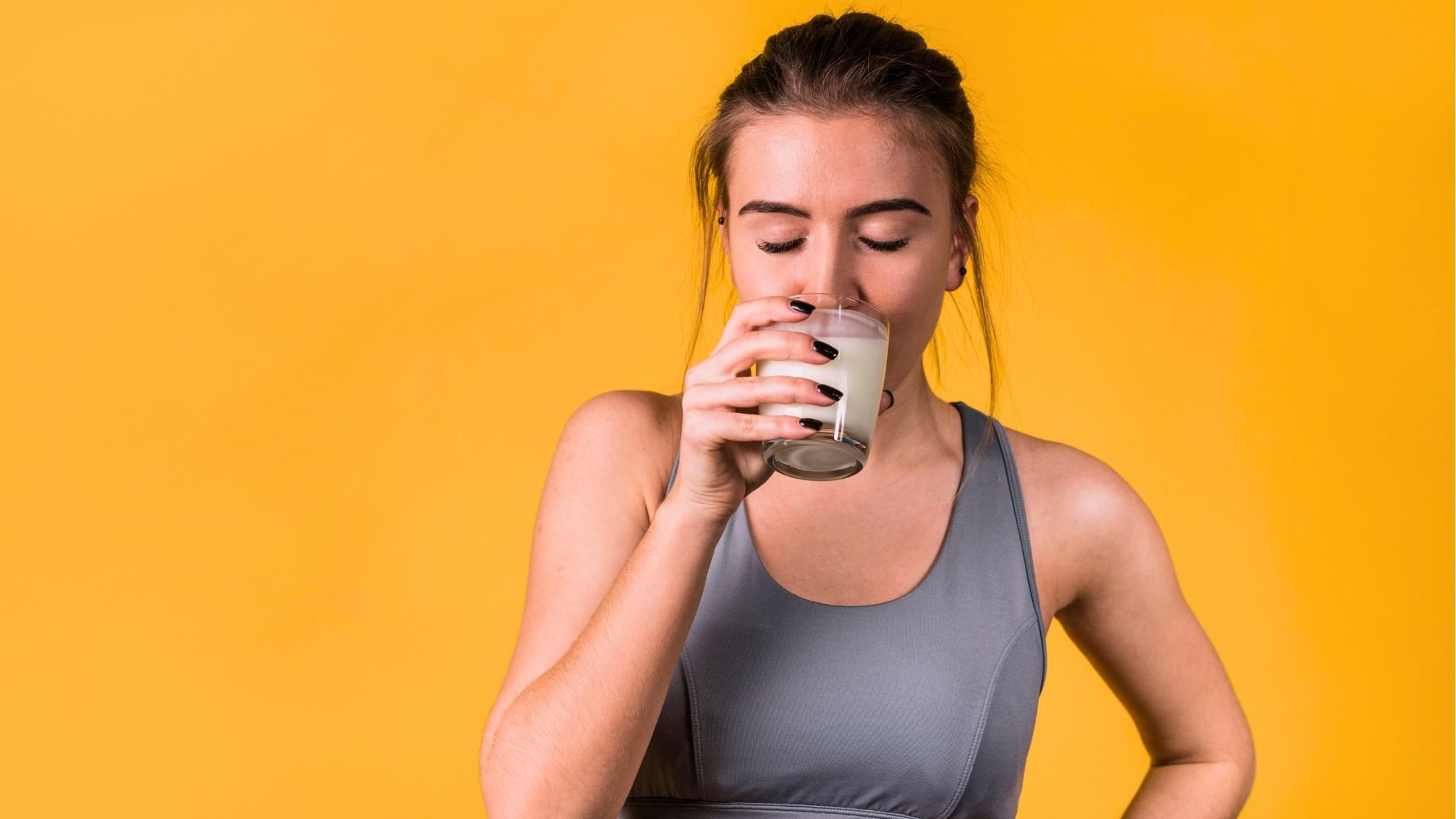If you’ve ever been told to chug a protein shake the second you finish a workout, you’ve heard of the so-called “anabolic window”. It’s the idea that there’s a brief post-workout period when your muscles are most ready to absorb nutrients. Researchers now say that the window isn’t as narrow as once believed, and stressing over it might not be the smartest move.
Experts like Benjamin Gordon, PhD, an instructional assistant professor of applied physiology and kinesiology at the University of Florida, explain that your muscles stay sensitive to protein long after a workout—up to 24 hours, according to newer research. Here, we’ll look at what that means for your timing, how much protein you actually need, and the other nutrients that help your body turn all that effort into strength.
The best time to have your protein
Your total daily protein intake matters more than the exact time you eat it, but if you’re aiming to build or maintain muscle, spacing your protein throughout the day helps. That means hitting some before and after workouts, ideally four to six hours apart, according to research published in The Journal of the International Society of Sports Nutrition.
Protein fuels recovery by providing amino acids, those small building blocks that repair and grow muscle tissue. So, yes, having some after a workout still makes sense, but that “right after the gym or it’s wasted” myth doesn’t hold up. As Gordon puts it, “there is not an all-or-none switch that if you don’t get protein in now, nothing happens. That’s definitely not the case”.
For context, adults need about 0.8 grams of protein per kilogram of body weight per day to stay healthy. If you’re physically active or trying to gain muscle, experts recommend increasing that to 1.2 to 2 grams per kilogram. Ashley A. Herda, PhD, says what’s most effective is making protein a steady part of every meal. That keeps your muscles in a state of ongoing growth rather than relying on one post-workout shake to do all the work.
What else does your body need for muscle growth
Protein may take the spotlight, but it’s not the only player. Your body builds muscle best when a few other pieces fall into place.
- Carbohydrates for energy: Muscles can’t grow if they’re running on empty. Experts recommend 2–3 grams of carbohydrate per pound of body weight daily.
- Healthy fats for recovery: Fats support hormone production and reduce inflammation, both of which affect how efficiently you build strength. Avocados, nuts, olive oil, and fatty fish are all solid options.
- Hydration that supports repair: Even mild dehydration can slow recovery. If you’re sweating heavily, add electrolytes to your routine.
- Real food first, supplements second: Protein powders can help fill gaps but shouldn’t replace whole foods. Whole foods like chicken, eggs, beans, milk, and yogurt deliver complete protein plus other nutrients that powders lack.
Eat enough protein every day, keep your meals balanced, and give your body time to rest and rebuild. The shake after your workout won’t make or break your results, but what you do every day will.

